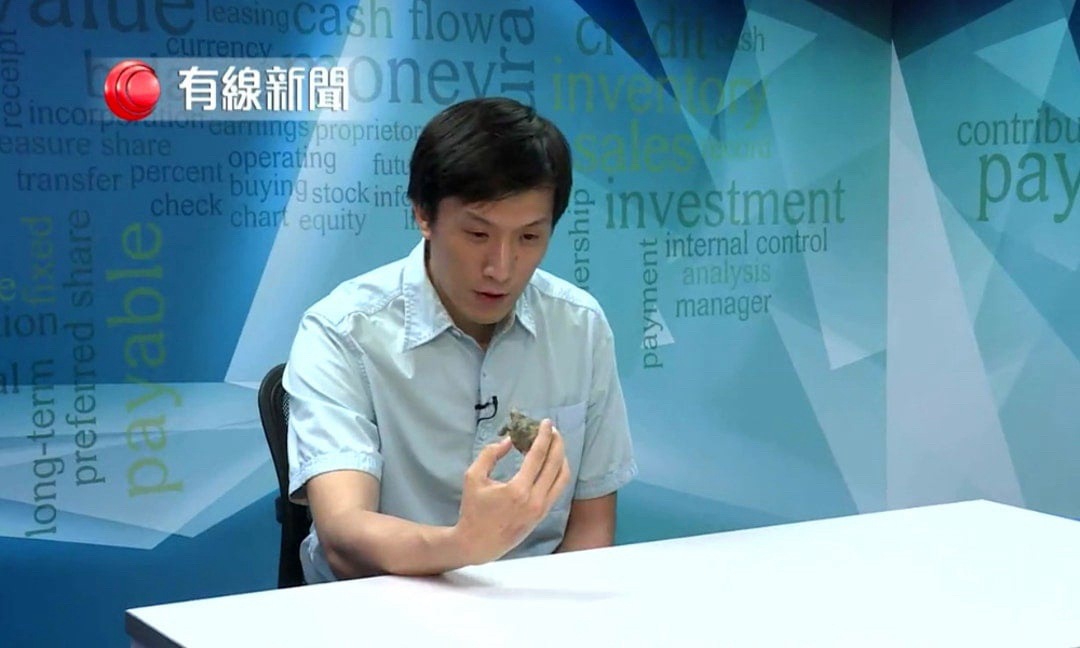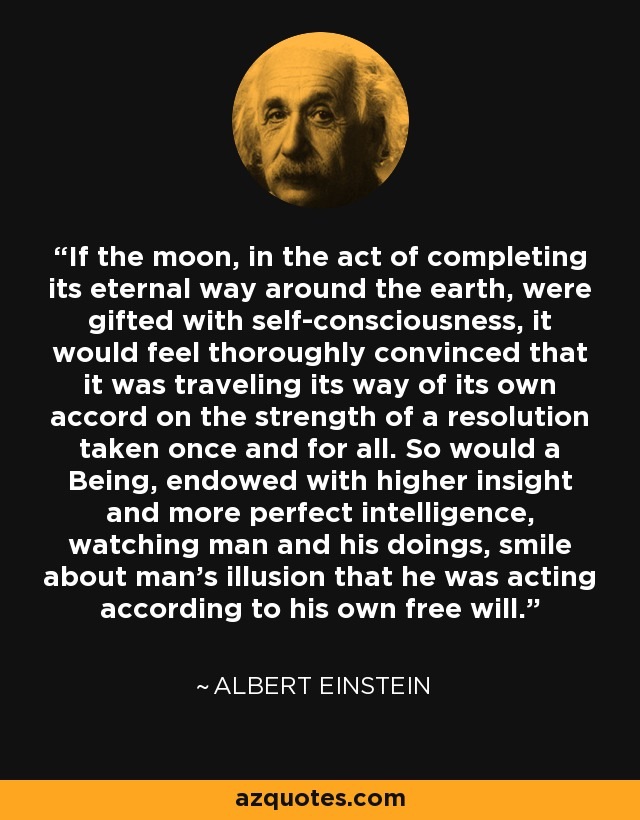
量子糾纏是咪足以證明世界係虛擬?
塵非羊
653 回覆
681 Like
123 Dislike

唔覺得你個留言有幾高汁 最少笑完負皮完有得互動下
這宇宙 這種深情 根本虛構



 agger,浪費一個位
agger,浪費一個位低質都可以講下點低法,低係邊,搞笑d
以前都有人話笑到跌晒d腸同腎落地去嘲諷下

量子糾纏其實就好似重力咁,係其他空間維度有連結
我地呢個空間角度睇好似好神奇姐
我地呢個空間角度睇好似好神奇姐


睇到個post諗起outer wilds 好表達到quatuam physics 嘅一隻game
好表達到quatuam physics 嘅一隻game
 好表達到quatuam physics 嘅一隻game
好表達到quatuam physics 嘅一隻game依班有腦既人咪study 緊類似嘅野囉
Now scientists are searching for ways to put the simulation hypothesis to the test.
Scott Aaronson, a computer scientist at the University of Texas at Austin, is more expressive about what such experiments could mean. “If there were bugs in the program running our universe, like in the Matrix movies, those could clearly have observable effects,” he says. “Just like God appearing in a thundercloud could be pretty good empirical evidence in favor of religion.”
Any such bugs in our Matrix world would have to be extremely subtle, or else we would have noticed them by now. Silas Beane, a nuclear physicist at the University of Washington in Seattle, proposes that we may be able to ferret out previously overlooked flaws by uncovering the mathematical structure used to build our simulated reality.
Another way to sleuth for glitches in the simulation is by looking inward rather than outward. In a recently proposed test, former NASA engineer Thomas Campbell and his colleagues point out that human video game designers typically maximize the efficiency of their programming by generating only the parts of the virtual world that players can see. If our Matrix overlords are similarly focused on efficiency, they may be meticulous about simulating details while we’re watching an event, but allow a looser style of simulation when they think nobody is looking.Following that line of thought, Campbell is focusing on subtle quantum physics experiments, where gaps in the simulation might be most obvious.
Now scientists are searching for ways to put the simulation hypothesis to the test.
Scott Aaronson, a computer scientist at the University of Texas at Austin, is more expressive about what such experiments could mean. “If there were bugs in the program running our universe, like in the Matrix movies, those could clearly have observable effects,” he says. “Just like God appearing in a thundercloud could be pretty good empirical evidence in favor of religion.”
Any such bugs in our Matrix world would have to be extremely subtle, or else we would have noticed them by now. Silas Beane, a nuclear physicist at the University of Washington in Seattle, proposes that we may be able to ferret out previously overlooked flaws by uncovering the mathematical structure used to build our simulated reality.
Another way to sleuth for glitches in the simulation is by looking inward rather than outward. In a recently proposed test, former NASA engineer Thomas Campbell and his colleagues point out that human video game designers typically maximize the efficiency of their programming by generating only the parts of the virtual world that players can see. If our Matrix overlords are similarly focused on efficiency, they may be meticulous about simulating details while we’re watching an event, but allow a looser style of simulation when they think nobody is looking.Following that line of thought, Campbell is focusing on subtle quantum physics experiments, where gaps in the simulation might be most obvious.
Elon musk 都信類似嘅嘢啦
High-profile proponents of what’s known as the “simulation hypothesis” include SpaceX chief Elon Musk, who recently expounded on the idea during an interview for a popular podcast.
“If you assume any rate of improvement at all, games will eventually be indistinguishable from reality,” Musk said before concluding, “We’re most likely in a simulation.”
High-profile proponents of what’s known as the “simulation hypothesis” include SpaceX chief Elon Musk, who recently expounded on the idea during an interview for a popular podcast.
“If you assume any rate of improvement at all, games will eventually be indistinguishable from reality,” Musk said before concluding, “We’re most likely in a simulation.”
認真講科學就唔好提老高啦…
-1+1=0
咁咪有1
咁咪有1
跟據成蟲套the one, 你玩多啲危險運動, 令平行世界嘅自已死亡, 淨低嘅能量會畀曬你,會令你越嚟越勁同越好運。
我十幾年前成日玩潛水, 船拖傘飛行,
去旅行時申個頭出路軌但幾秒後電車到

泰國浮潛突然比大量粉紅色水母包圍

行山邊線腳差啲飛落懸崖, 咁岩果秒比路人捉住

好似真係經歷過好多次生死邊緣後做野越來越順利
我十幾年前成日玩潛水, 船拖傘飛行,
去旅行時申個頭出路軌但幾秒後電車到


泰國浮潛突然比大量粉紅色水母包圍


行山邊線腳差啲飛落懸崖, 咁岩果秒比路人捉住


好似真係經歷過好多次生死邊緣後做野越來越順利

simulation同意識有咩關係
你答我呢啲又有咩用
你答我呢啲又有咩用
-
會唔會呢一個平行世界嘅你都做緊同一樣嘢
想謀殺哂其他平行世界嘅自己
想謀殺哂其他平行世界嘅自己

如果個世界係 simulation 意識影響物質有咩出奇,喺個settings 按個掣,違反所有物理定律都重得
仲有比車撞, 極幸運地只係貨van高速單轆轆過腳背, 紅腫左1 個月無事,
果個車速行前半步命都冇, 報警時阿sir都拗曬頭,到底點樣撞先可以四個轆嘅車用一個轆車到你

 神乎其技
神乎其技
相信只係冇意識嘅事件先至會有用
果個車速行前半步命都冇, 報警時阿sir都拗曬頭,到底點樣撞先可以四個轆嘅車用一個轆車到你


 神乎其技
神乎其技相信只係冇意識嘅事件先至會有用



負評你
個套係Jet Li 唔係成龍
個套係Jet Li 唔係成龍
一單還一單
就算退一萬步simulation hypothesis係啱既都唔代表意識詮釋係正確既,拉一個名人落水唔會加強你既論點
再講,人地係信一個假設,你信一個連作者都放棄既理論,係幾唔同既,不過我無理由去阻止你信仰任何野,始終對量子力學既詮釋都只不過係詮釋,人類既了解仲係太少
就算退一萬步simulation hypothesis係啱既都唔代表意識詮釋係正確既,拉一個名人落水唔會加強你既論點
再講,人地係信一個假設,你信一個連作者都放棄既理論,係幾唔同既,不過我無理由去阻止你信仰任何野,始終對量子力學既詮釋都只不過係詮釋,人類既了解仲係太少
好心你記讀多d書先開post啦
